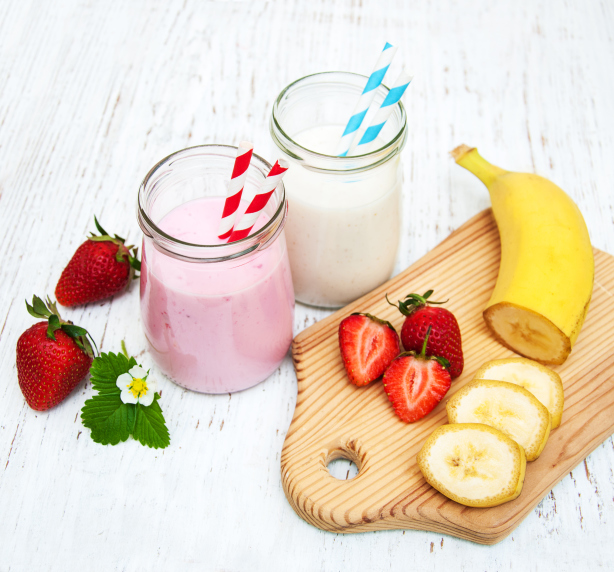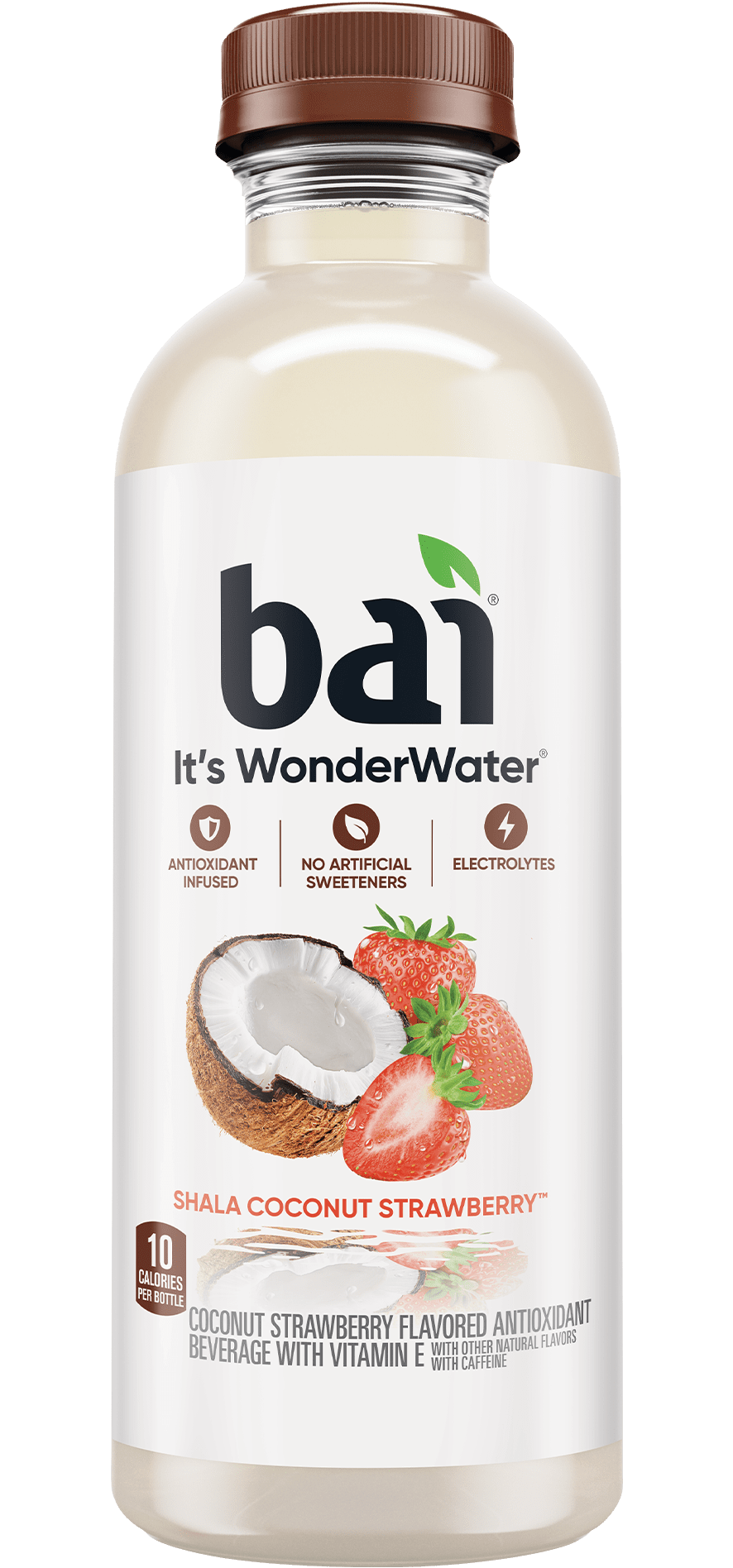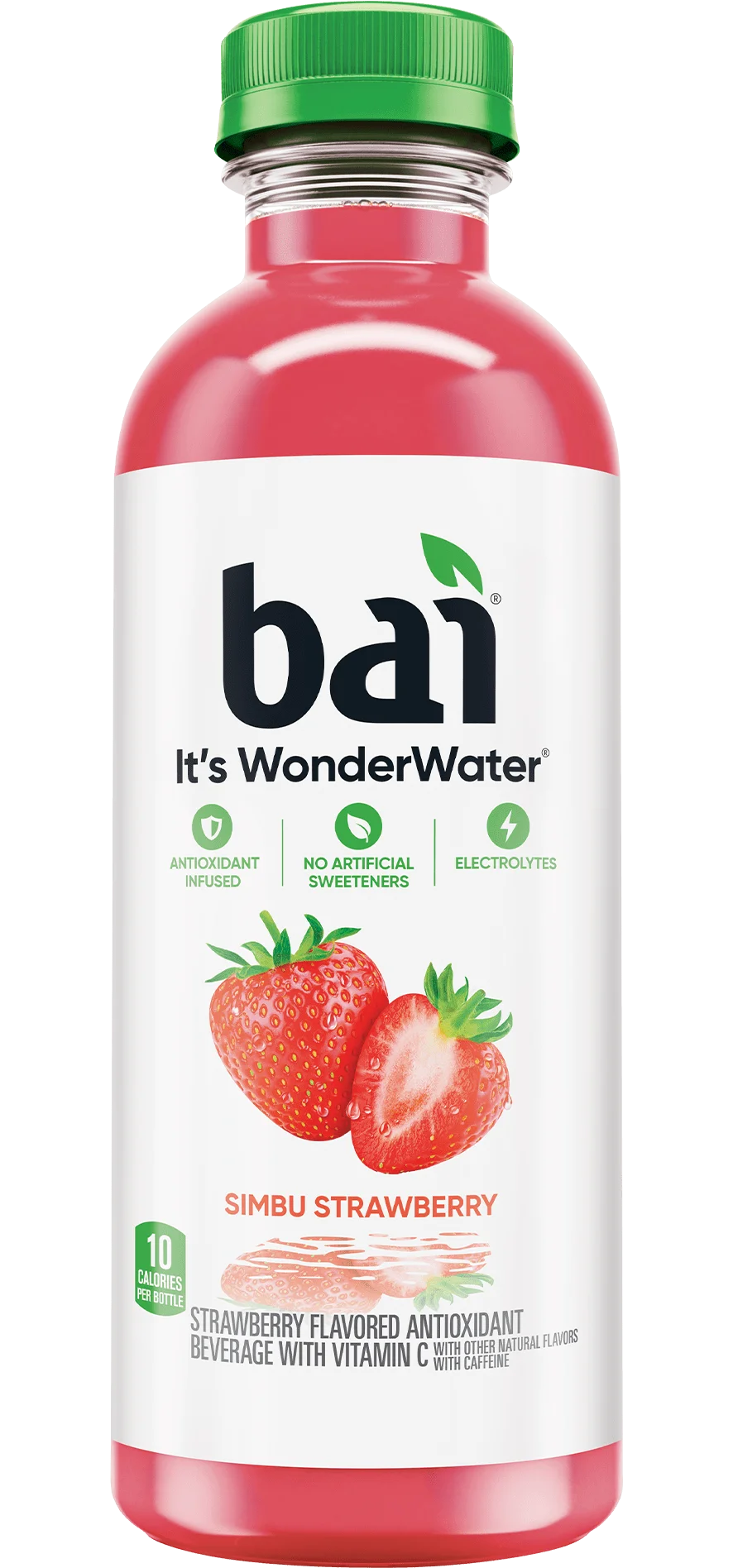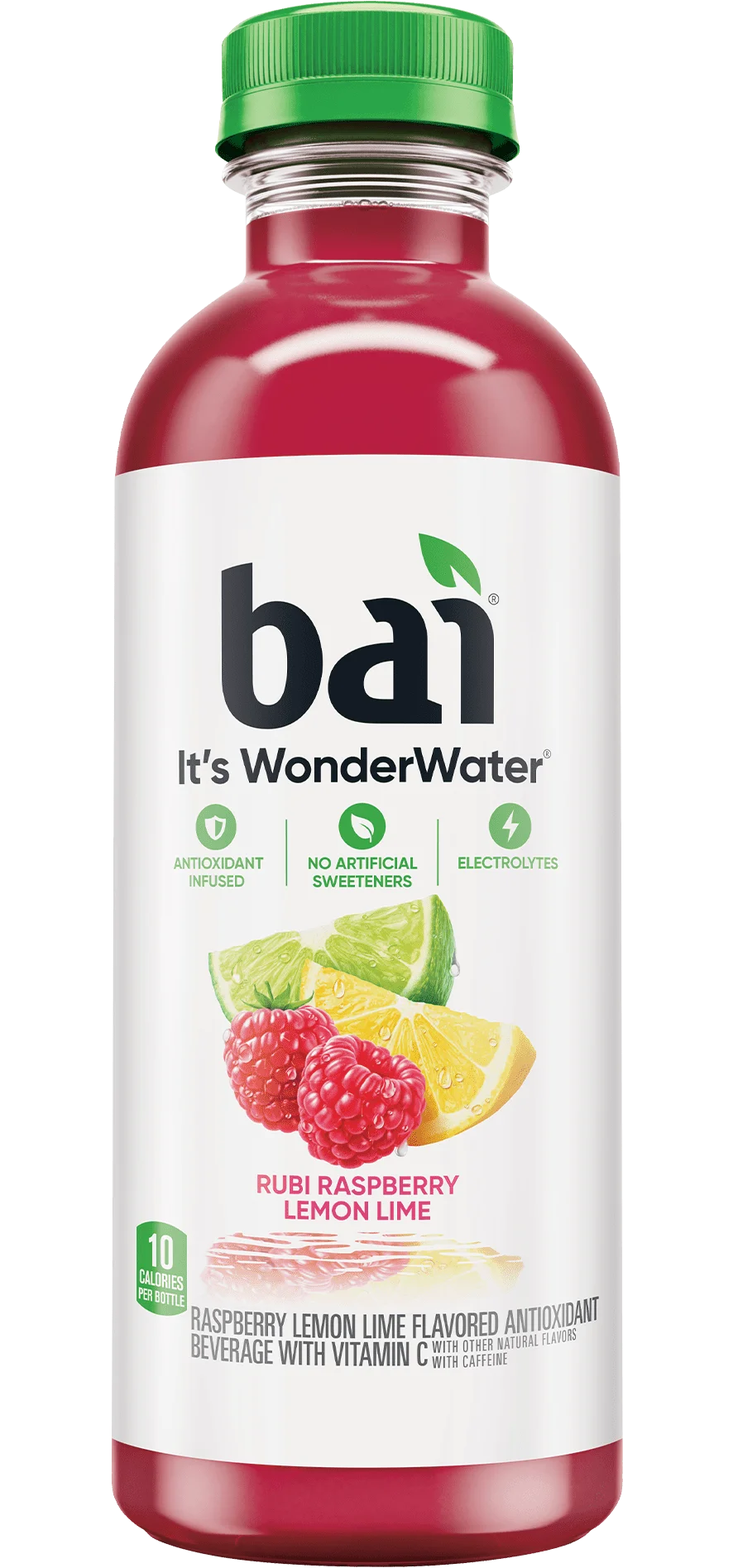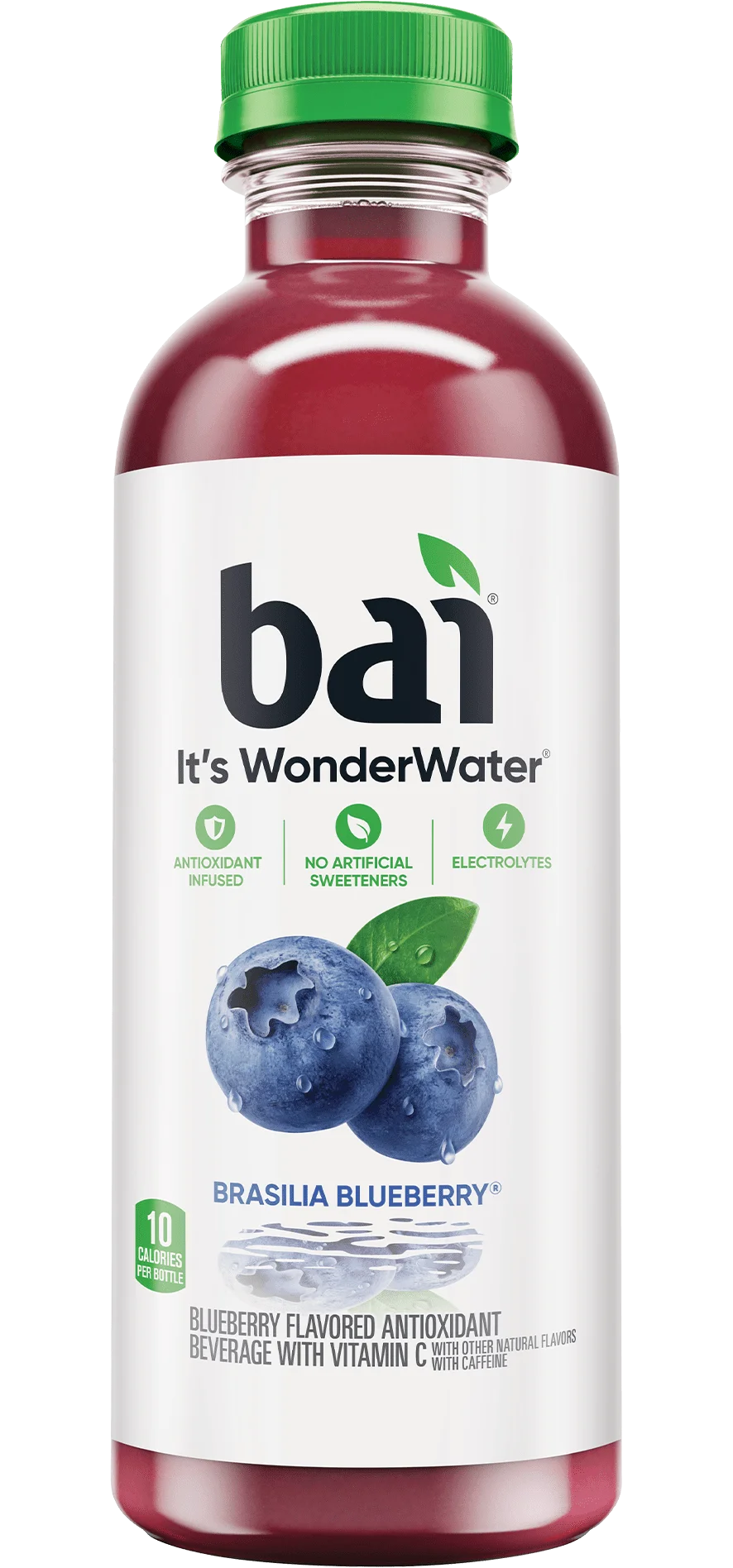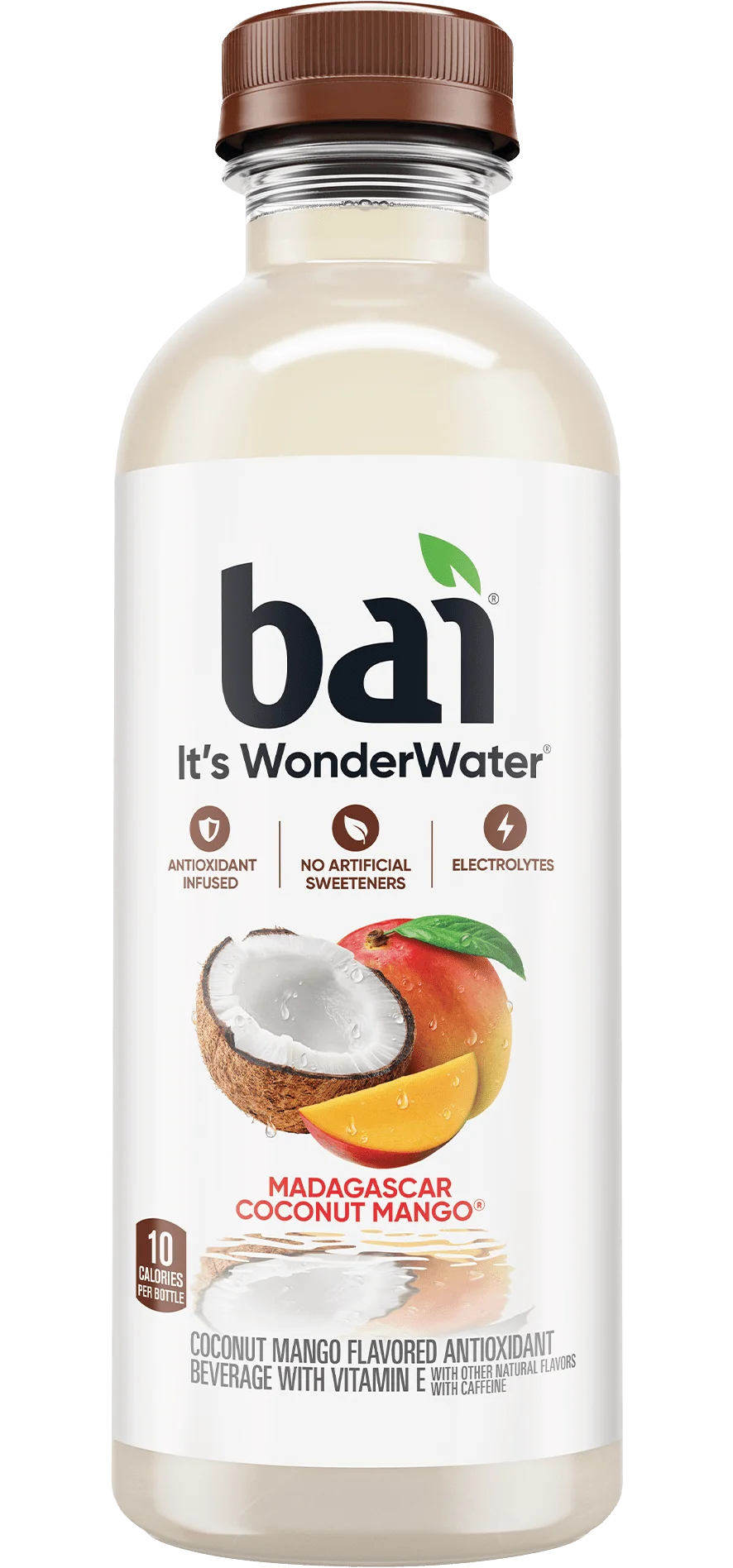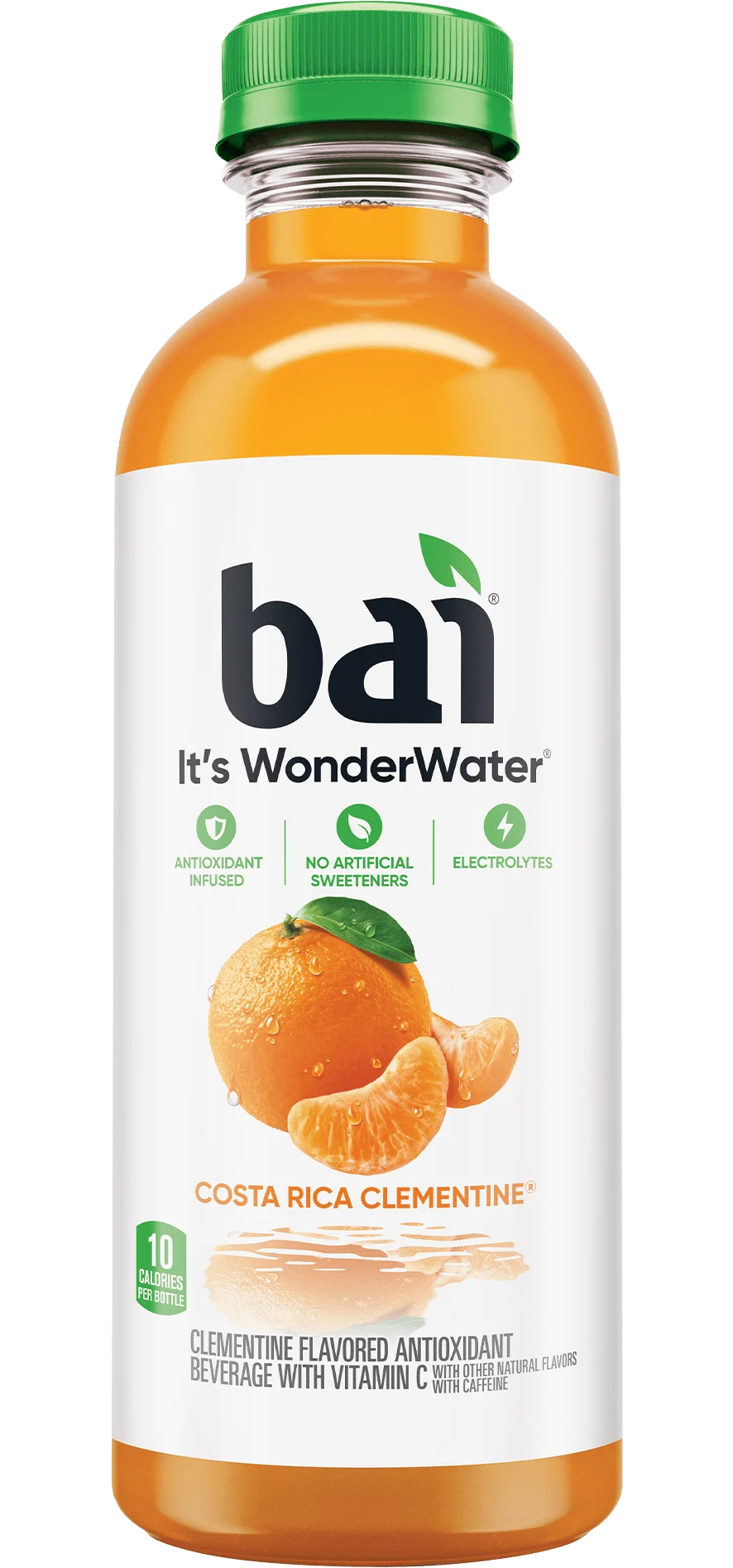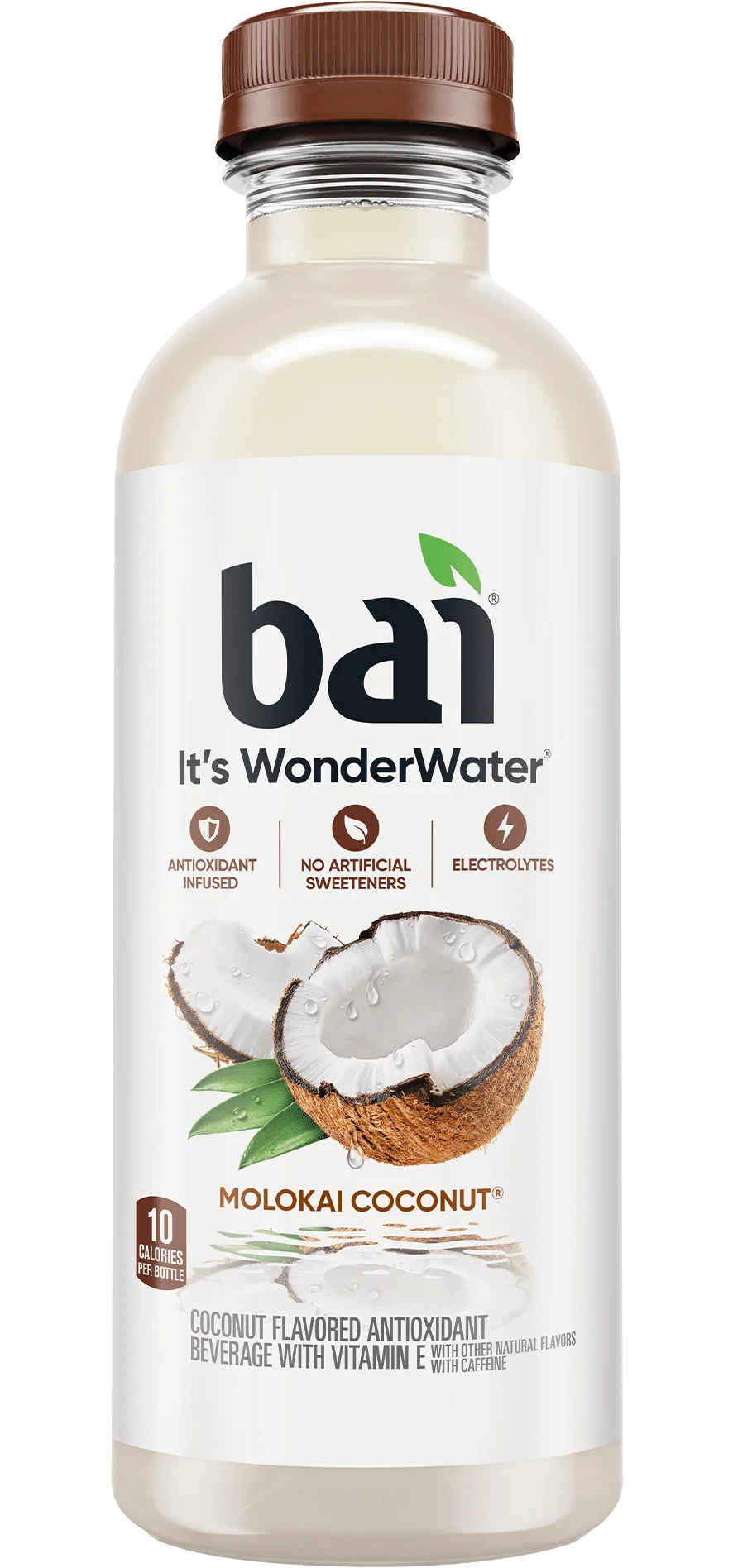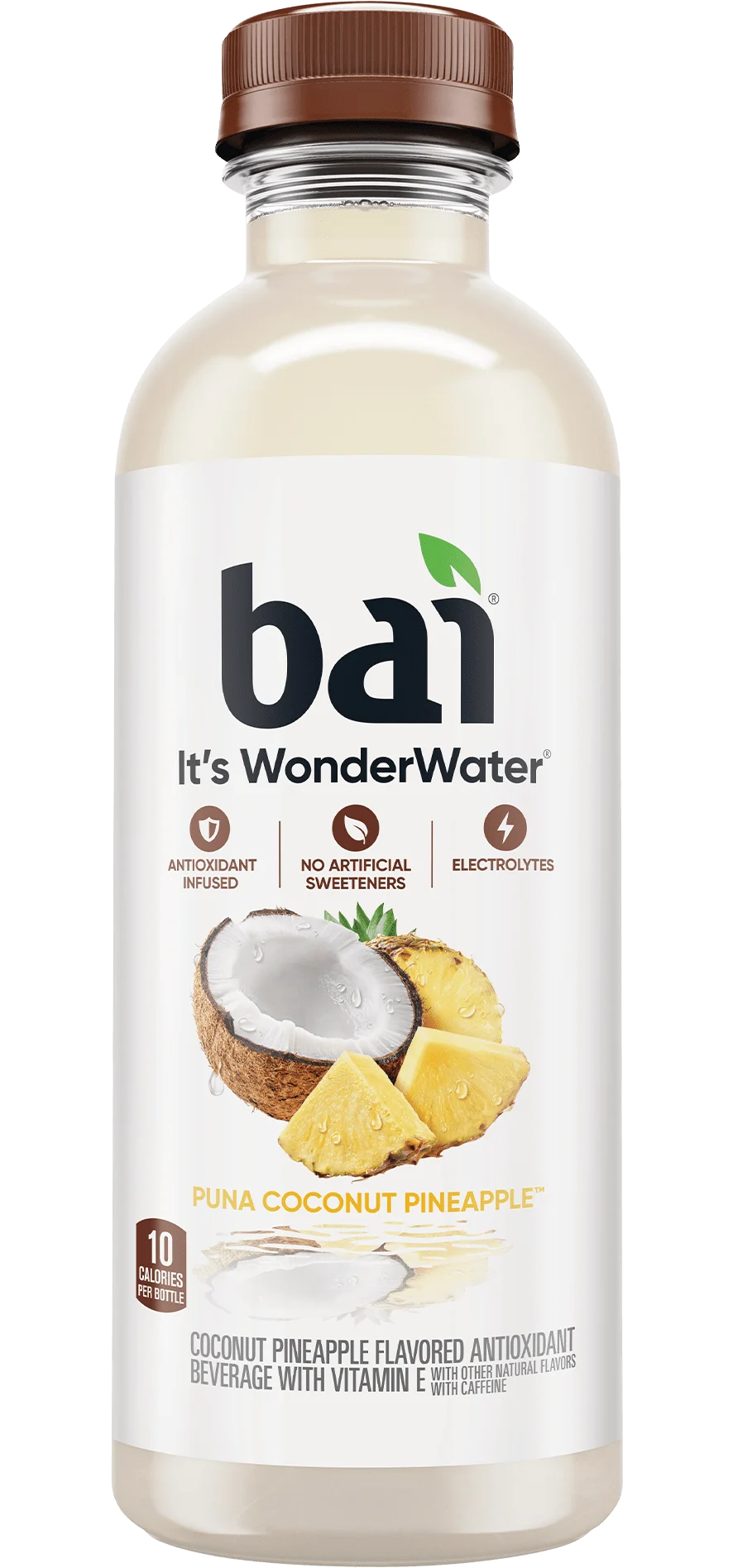We can all be quick to judge. We hear the word ‘bacteria’ and immediately think of illness and grime. But it’s 2016, people, and premature judgment is so out of style. Probiotics are a type of ‘good’ bacteria that live in your gut and so don’t deserve being clumped into a group with the bad guys. Here’s how these little fellows can play a role in your quest to your healthiest and happiest self.
Your Immune System Sidekicks- Say Goodbye To All That Bloating
You might have heard of probiotics from yogurt or supplement commercials that advertise digestive regulation. This is mostly because they help to break down food. Large molecules like fiber and lactose, if left in their intact form, can cause intestinal pressure and fluid imbalances, aka bloating and diarrhea. So if you’re lactose intolerant, try incorporating more probiotics into your diet. Your days of shaking your fists in the air and cursing Ben & Jerry could very well be over.
What you might not gather from yogurt commercials, though, is the impact that probiotics have on your overall health. Without enough of them, any illness-causing bad bacteria that you accidentally consume would be able to make themselves cozy in your body. Including the obvious illnesses that come with an infection, this imbalance can cause inflammation-related issues ranging from acne to toothaches to IBS. Your intestines are like the Coliseum; in the game of microscopic gladiators, only the strongest can survive. Thankfully, probiotics usually come out on top. It’s just a matter of strength in numbers.
Let’s Get This Fermented Party Started
Probiotics are found in fermented foods. Yogurt is probably the most well known and versatile, plus it contains essential nutrients like calcium and B-vitamins that help keep probiotics alive. Other sources include kefir, sauerkraut, miso and kimchi. Do your best to get your probiotics from a variety of sources, as each contains a different strain (bacteria species). Multiple strains work together to maximize benefits.
If none of those foods strike your fancy, a probiotic supplement is a good alternative. Typically 1 capsule has the same number of organisms as a serving of yogurt. And if you’ve just finished an antibiotic regimen, a probiotic supplement is the best way to get your microflora back up to max strength- antibiotics don’t discriminate between ‘good’ and ‘bad’ bacteria. Just be sure to keep them refrigerated.
But First, The Pregame
A happy employee is an efficient employee, so do what you can to keep your tiny workers fed. Prebiotics are components of food that bacteria best feed on, so they’re important for their growth. Sources include (but are most definitely not limited to) lentils, chicory root, garlic, onion, dried fruit, barley and kidney beans. Be aware, though, during their digestion process, probiotics release gas. Bet that beans limerick makes more sense now, huh?

